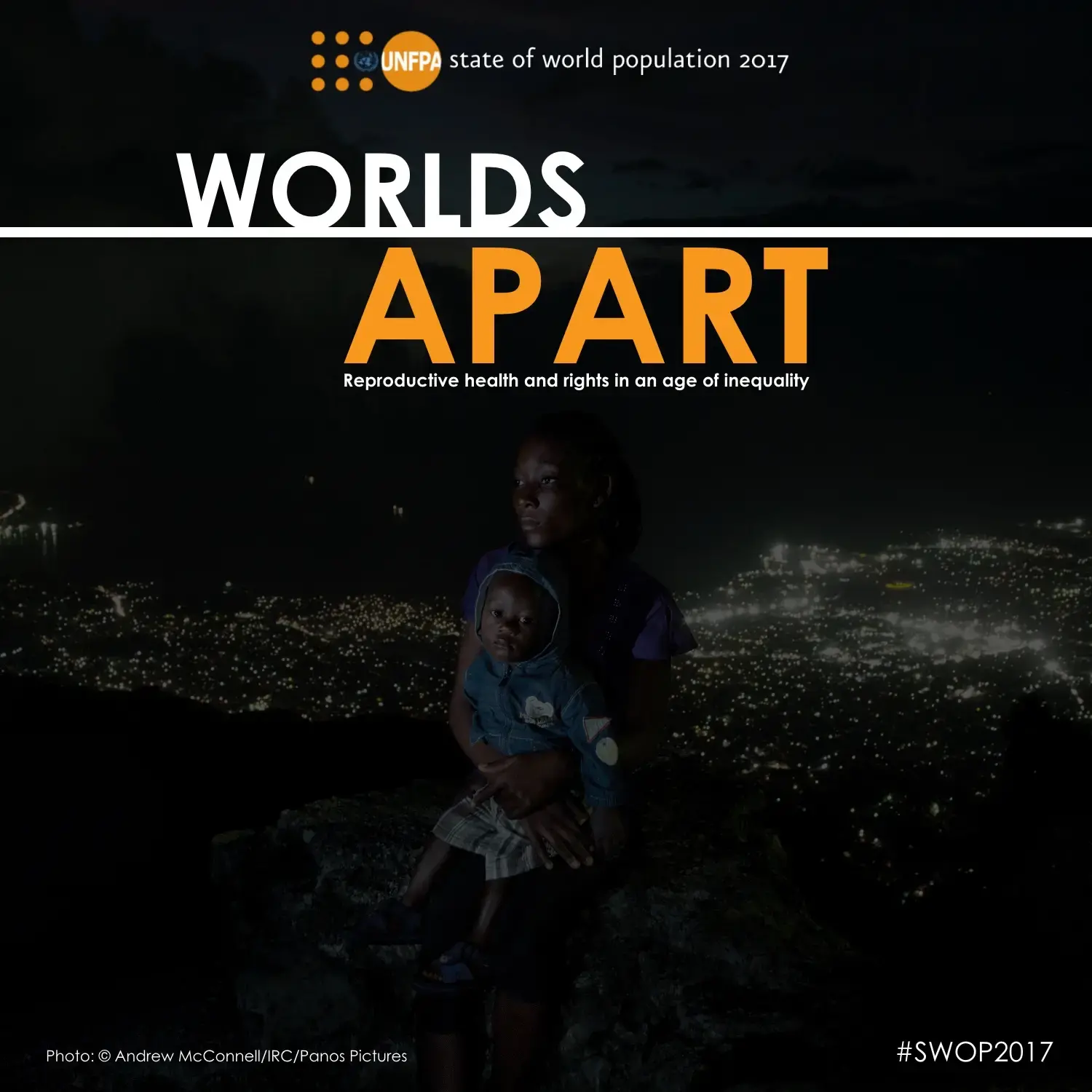In today’s world, gaps in wealth have grown shockingly wide. Billions of people linger at the bottom, denied their human rights and prospects for a better life. At the top, resources and privileges accrue at explosive rates, pushing the world ever further from the vision of equality embodied in the Universal Declaration of Human Rights.
Right now, the combined wealth of the world’s 2,473 billionaires, as calculated by Wealth-X, exceeds $7.7 trillion. That’s equivalent to the combined gross domestic product of an astonishing four fifths of the world’s countries in 2015. It means that while some privileged households budget for billions, many hundreds of millions of families barely scrape by on less than $1.25 a day.
This is a path that we pursue at our peril. The yawning gap between the richest and the poorest is not only unfair, but a risk to economies, communities and nations. In 2015, in recognition of this risk, the world’s governments agreed that the path to sustainable development for the next 15 years must be builton a foundation of equality, inclusiveness and universal enjoyment of rights.
Unless we start addressing the structural and multidimensional inequalities within our societies, we will never attain the highest standard of sexual and reproductive health for all. This standard was envisaged by the 179 governments that endorsed the Programme of Action of the 1994 International Conference on Population and Development (ICPD), which guides the work of UNFPA, the United Nations Population Fund.


